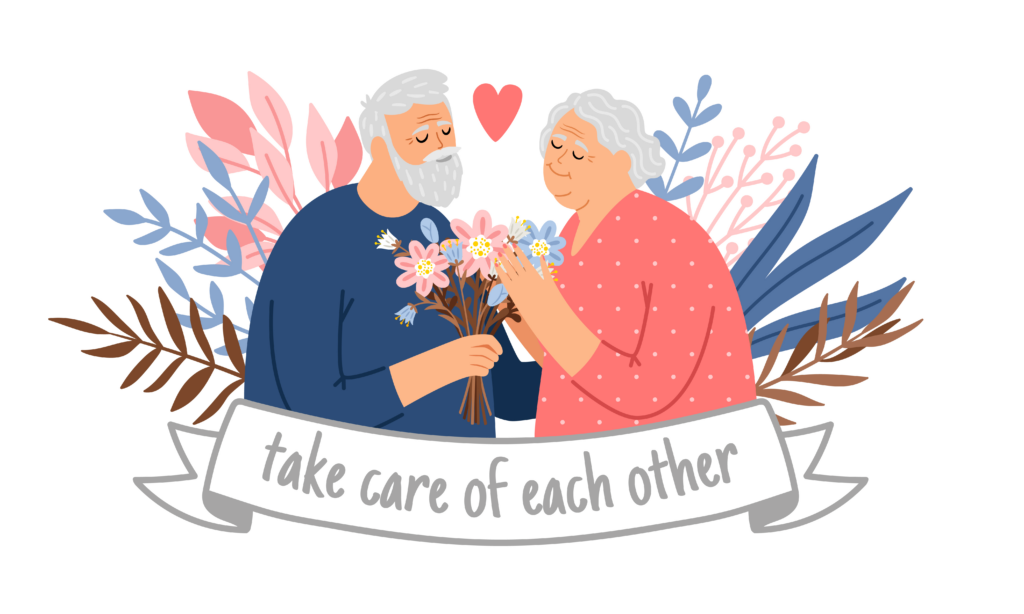SUMMARY: We are, by nature, social and relational beings. We are equipped to feel empathy, understand one another’s perspectives, and act for the benefit of all involved. Yet current social trends have led to atomization and solipsism and a plethora of neuroses. Nevertheless, a fulfilling life both includes and benefits others. Truly living not only requires us to realize that we are not at the center of the universe nor have we ever needed to be.

BUILDING HEALTHY RELATIONSHIPS
Constructive dependance, not independence, is the objective.
In recent decades the word dependent has become a pejorative. Hyper-independance has become the watch-word. Yet it is not only natural for us to receive and give emotionally it is necessary for our own well-being. We’ve been sold a “bill of goods” when it comes to social interdependency. Nearly any form of emotional dependency has been labeled as “co-dependent.” While having been a student of the topic for several decades I still can’t quite define what is meant by that term! I know that the outcome has become an epidemic of narcissism and mental illness.
I suggest we just flip the script and assign our own meaning to co-dependent. How about we borrow Sue Johnson’s terminology of constructive dependence? She describes it as, “safe contact with another as a source of strength.” Yes, dependence is actually a sign of strength and is worth cultivating.
Cultivating Constructive Dependence
To cultivate constructive dependence we need to see beyond that which solely affects us. We need to be able to see how our actions and the world at large are affecting those around us. Yet the loudest components of our sensory input, our thoughts and emotions, virtually coerce us to exclude others in our choice-making.
Veridoception, however, provides us with the deeper and broader picture. Using veridoception means making the right decision at the right time. Instead of being confrontational, you will know how to defuse situations with kindness. You will respond without violating your integrity. Veridoception helps you make decisions that are good for others and yourself, rather than at the expense of yourself or others. The caveat is not being driven by emotions, thoughts, or even your intuition.
Open Heart Objectives
Showing up for people unconditionally requires an open heart. But you must be willing to show up. The challenge is always in our willingness to be vulnerable with our fellow humans. Ultimately, the ability to connect requires honesty, transparency, and a willingness to endure some of the messes that will occur along the way as we and others develop proficiency.
For instance, if you have experienced the loss of a family member, and someone is going through that, how do you show up? In this unique position, you are able to offer solace from experience. But if you aren’t willing to step out of the shadows to help, unnecessary suffering ensues. As humans, we must take the opportunities to love others where they are. An open heart isn’t a doormat, it is a magic carpet.
